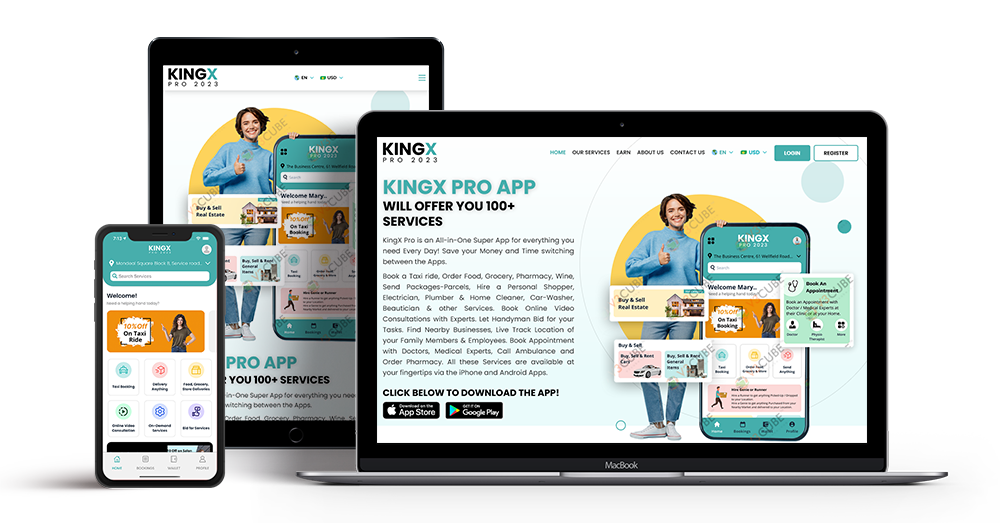Gojek has been making headlines frequently in recent times, and its initiatives have gained immense popularity in the market. What started as a small startup has now grown into a major player in the business landscape. Gojek is known for its innovative strategies that have propelled it to the top. A recent development involves Gojek’s investment in emerging startups, marking a notable trend in the industry. Gojek’s remarkable success has positioned it as a leading choice for users, overshadowing competitors like Uber and Grab. In its most recent move, Gojek has made successful investments in three startups to further enhance its mobile payment offerings.

The Start-Up Hat Trick!
Table of Contents
There are three firms that gojek has bought:
- offline payment firm Kartuku,
- payment gateway Midtrans,
- payment and lending network Mapan.
In 2015, the company originated as a provider of ride-hailing services primarily for motorbike taxis. This mode of transportation gained popularity due to Jakarta’s congested and traffic-laden streets. Over time, the company has expanded its services to include four-wheeled transportation, on-demand services, and payment solutions.
Gojek boasts an impressive ecosystem with 900,000 drivers and 15 million weekly active users. Furthermore, the scale of its operations becomes evident when you consider its extensive network of partners. Gojek collaborates with a staggering 125,000 merchants and handles more than 100 million transactions each month on its platform.
Putting it together – Gojek mobile payment
The introduction of these three payment gateways marks a significant stride in bolstering their mobile payment infrastructure. When combined with G-Pay, the total payment volume reaches nearly $5 billion, spanning across cards and digital wallets, as officially reported by Gojek. In a parallel development, the company is on the brink of securing more than $1.2 billion in new funding, with investments from prominent Chinese enterprises such as JD.com and Tencent.
Why do they need such a large investment?
The infusion of this investment is imperative at this juncture, considering the fierce competition in the ridesharing industry. Uber, widely recognized as the world’s most heavily funded private tech company, and Grab, which recently secured a substantial $2 billion round, have intensified the race for market dominance. In this highly competitive arena, where the stakes are high and the market relatively limited, Gojek has made a significant impact by expanding beyond its core taxi service, casting a substantial shadow on the other two companies.
The growth and potential of ride-sharing application like Go-Jek is truly astounding. In Southeast Asia, it is estimated that the market will reach a minimum of $20 billion annually by 2025. Over the past two years, the average amount spent by customers on taxi apps has doubled, leading to a significant upsurge in the industry in 2017.
What’s with the acquisition?
The goal is simple. Gojek really wants to bolster the Gojek’s payment network, known as the Go-Pay mobile payment service.
According to Nadiem Makarim, the CEO of Go-Jek, they have ambitious plans to expand the usage of Go-Pay even in offline scenarios, particularly in the retail sector. This move is aimed at providing essential payment services, especially to the large portion of Indonesia’s population that lacks convenient access to traditional banking methods. In Indonesia, the penetration rate for credit cards is currently less than 5 percent, despite the country being the fourth most populous in the world. This demonstrates Go-Jek’s commitment to addressing the financial needs of a wide range of consumers.

What they say
Makarim stated, “We are propelling Go-Jek into the next phase of growth. With the acquisitions announced today, we are forging strategic alliances with three kindred companies that align with our vision and principles. This signifies a momentous advancement in our role at the center of Indonesia’s dynamic fintech industry.”
Each head (from the three acquired startups) will play a very important role now in the new shape of Gojek and hold important portfolios.
- Kartuku CEO Thomas Husted becomes its CFO,
- Mapan’s Aldi Haryopratomo will lead Go-Pay,
- Ryu Suliawan of Midtrans is to head up its merchant platform.
